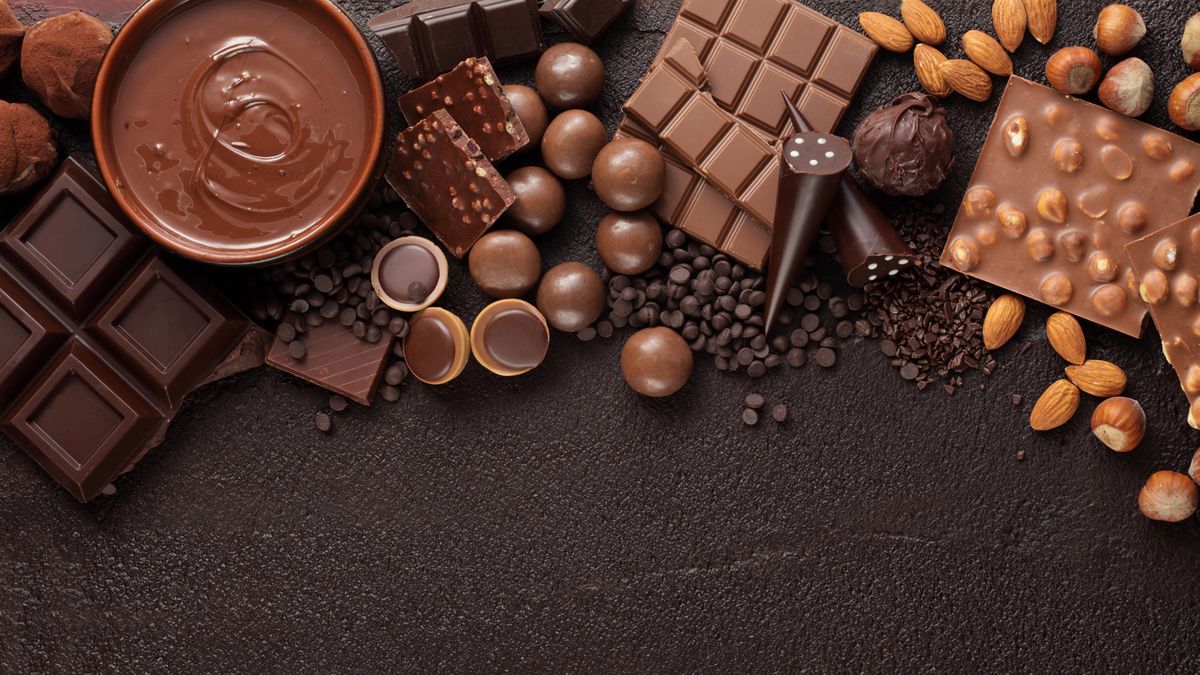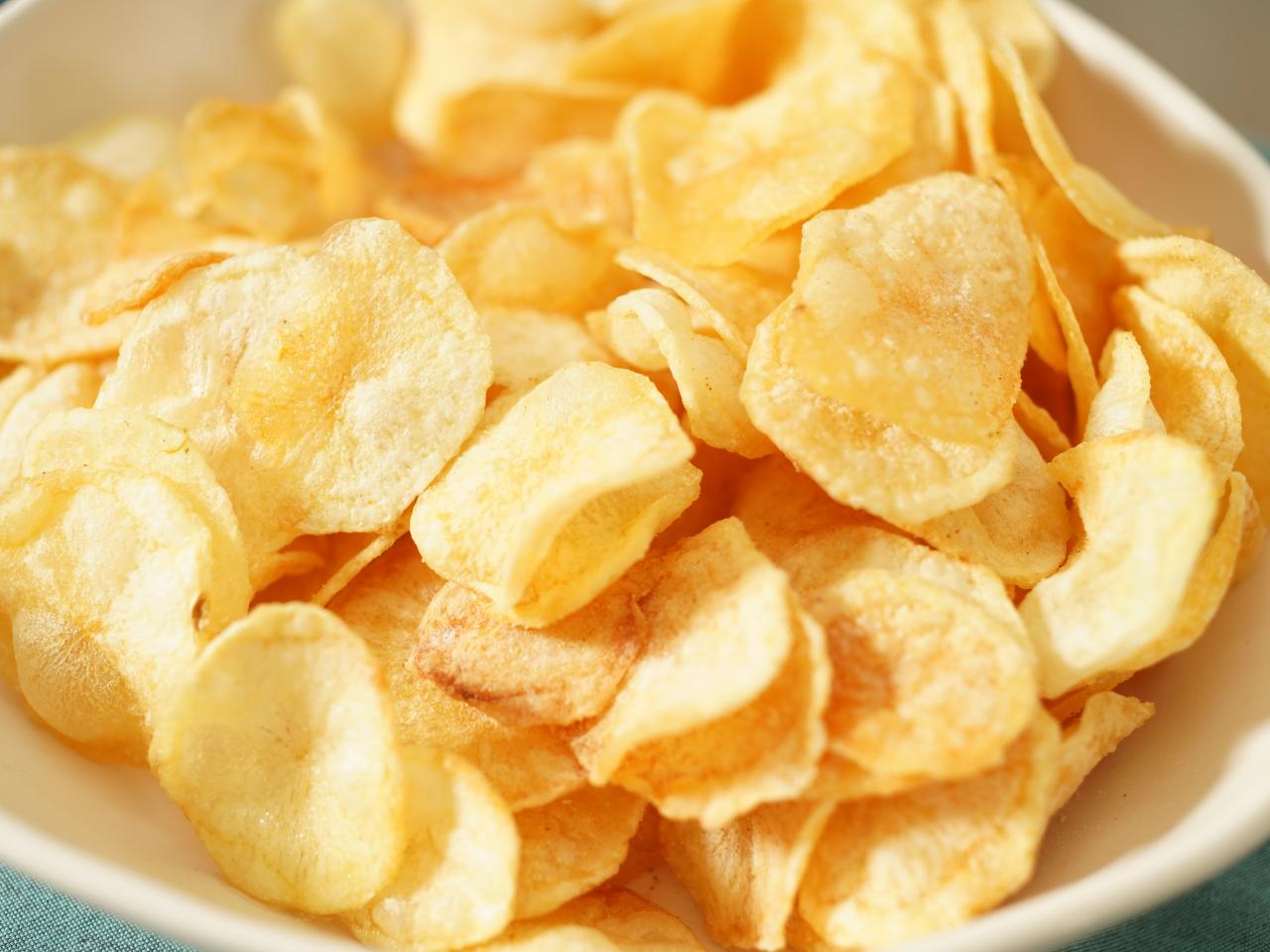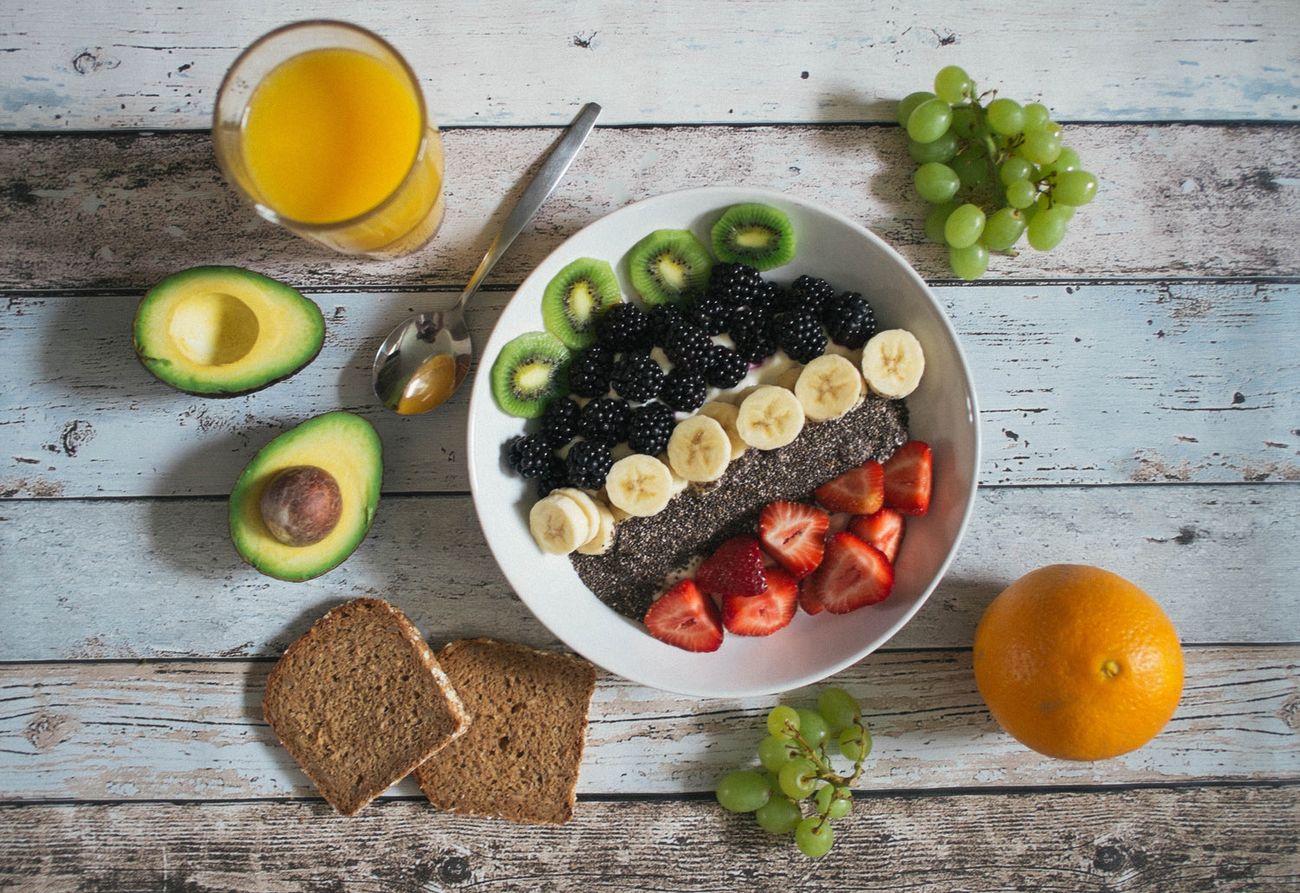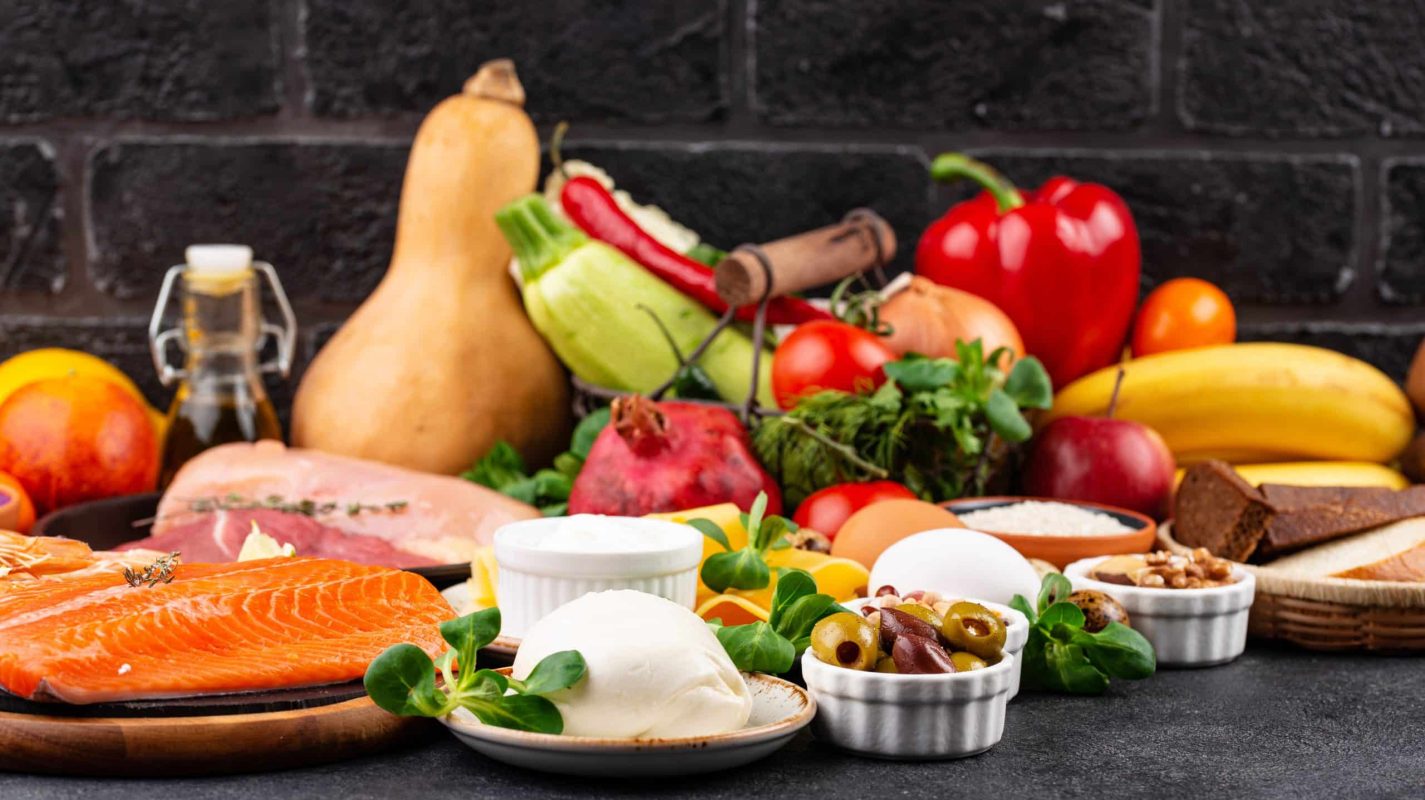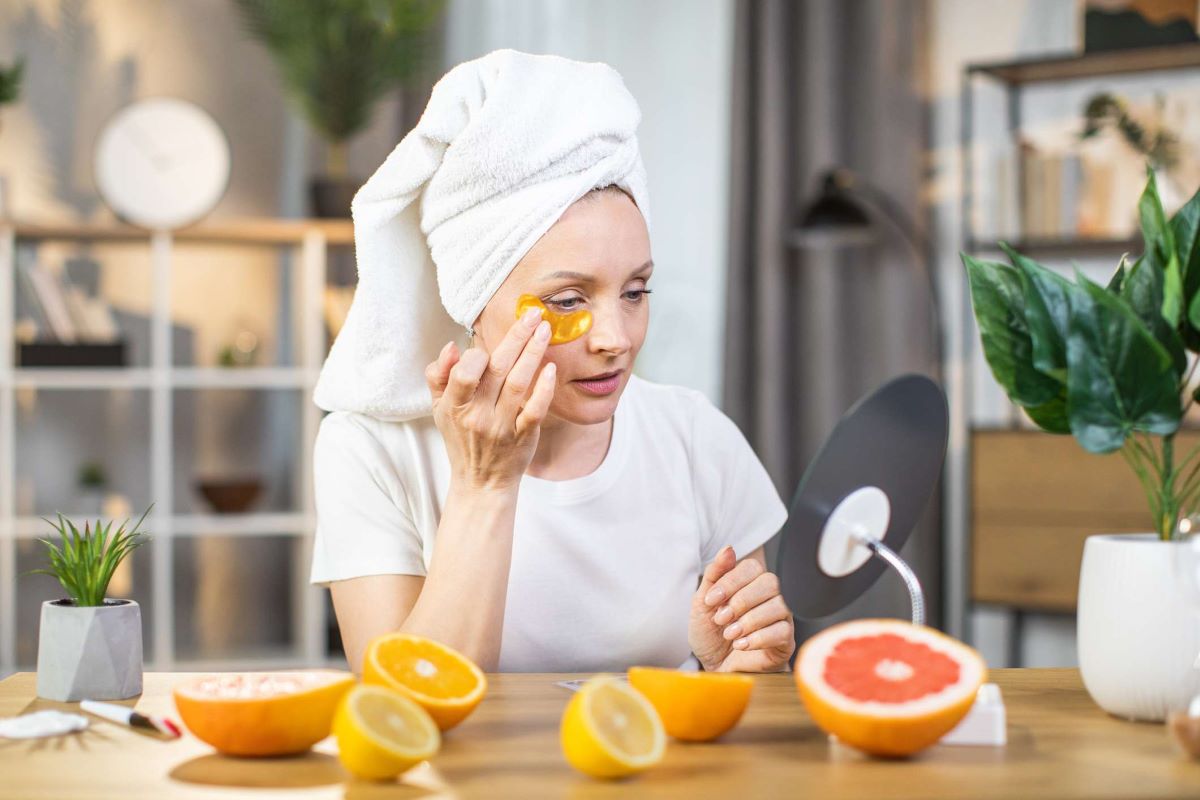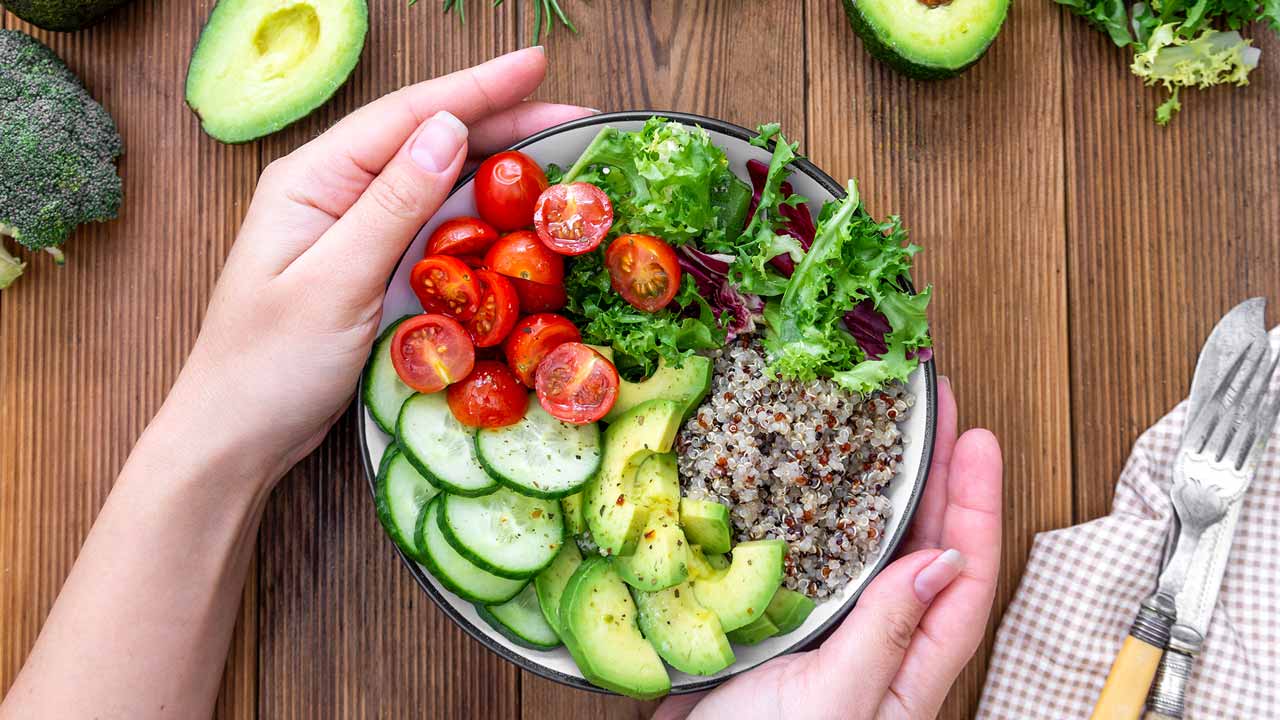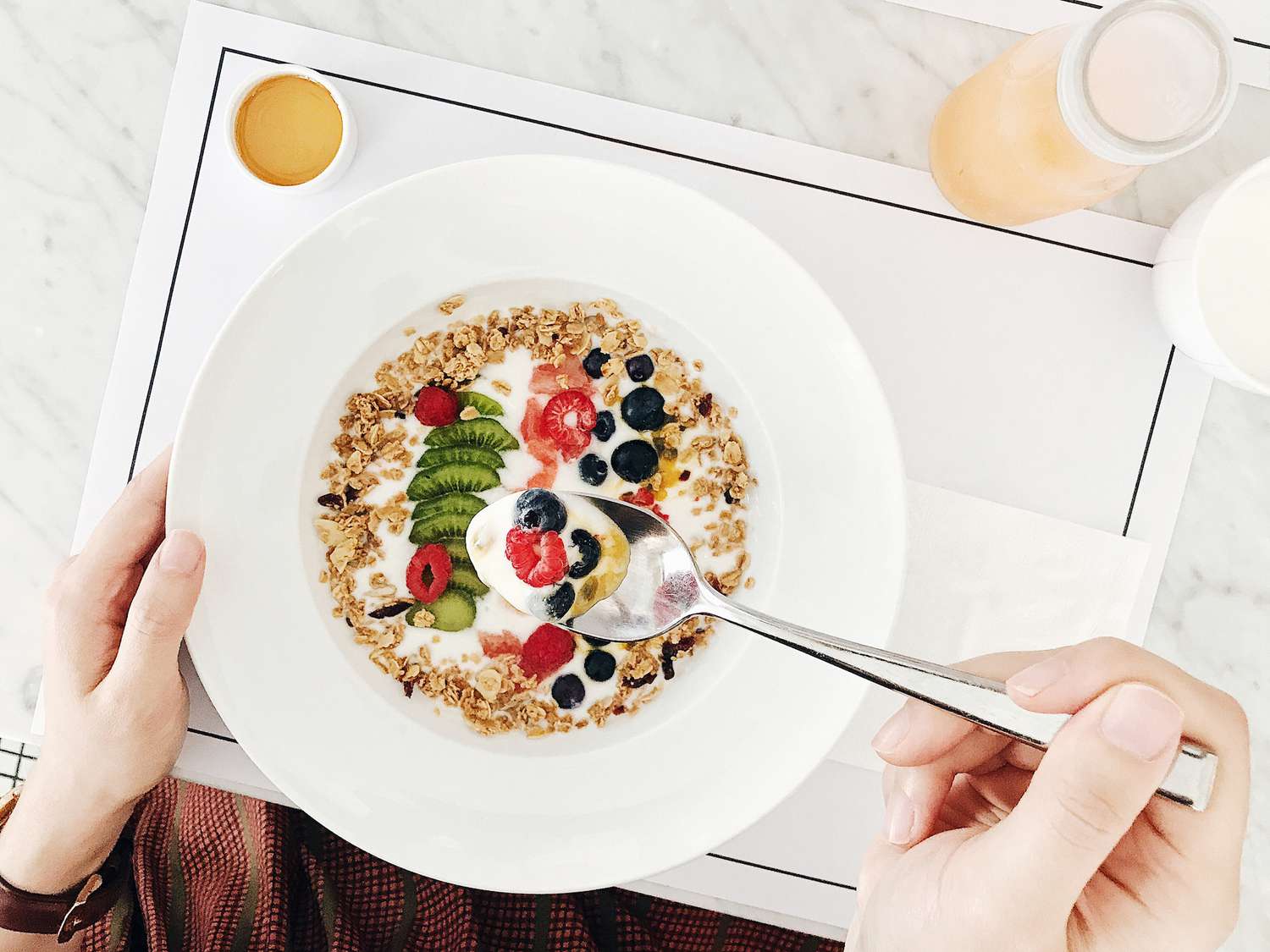Improving Your Diet to Combat Acne
Dealing with acne can be a frustrating and challenging experience. While there are many factors that contribute to acne, including genetics and hormones, diet also plays a significant role. Making small changes to your eating habits can have a positive impact on your skin and help reduce acne breakouts. Here are some tips on how to eat better for acne:
1. Choose Low-Glycemic Foods
Foods with a high glycemic index can cause spikes in blood sugar levels, leading to increased inflammation and sebum production in the skin. To combat this, opt for low-glycemic foods such as whole grains, legumes, and non-starchy vegetables. These foods are digested more slowly, resulting in a more gradual rise in blood sugar levels and less impact on acne.
2. Increase Your Intake of Antioxidant-Rich Foods
Antioxidants help protect the skin from damage and inflammation, making them essential for acne-prone individuals. Foods rich in antioxidants include berries, leafy greens, and colorful fruits and vegetables. Incorporating these foods into your diet can help support overall skin health and reduce the severity of acne breakouts.
3. Consume Omega-3 Fatty Acids
Omega-3 fatty acids have anti-inflammatory properties that can benefit acne-prone skin. Include sources of omega-3s such as fatty fish, flaxseeds, and walnuts in your diet to help reduce inflammation and promote clearer skin. Consider incorporating these foods into your meals on a regular basis to reap the skin-clearing benefits.
4. Limit Dairy Consumption
Some studies have suggested a link between dairy consumption and acne. Dairy products, particularly those high in lactose and whey protein, may exacerbate acne for some individuals. If you suspect that dairy is contributing to your acne, consider reducing your intake or opting for dairy alternatives such as almond milk or coconut yogurt.
5. Stay Hydrated
Proper hydration is essential for maintaining healthy skin. Drinking an adequate amount of water helps flush out toxins and keeps the skin hydrated from within. Aim to drink at least eight glasses of water per day to support clear and radiant skin.
6. Avoid Trigger Foods
While the relationship between diet and acne can vary from person to person, some individuals may find that certain foods trigger breakouts. Common trigger foods include refined sugars, processed snacks, and greasy foods. Pay attention to how your skin reacts after consuming these foods and consider reducing or eliminating them from your diet if they seem to worsen your acne.
Conclusion
While diet alone may not be the sole cause of acne, making mindful choices about the foods you consume can certainly contribute to clearer, healthier skin. By incorporating low-glycemic foods, antioxidant-rich foods, omega-3 fatty acids, and staying hydrated, you can create a diet that supports your skin and helps reduce acne breakouts. Remember that everyone’s skin is unique, so it may take some trial and error to find the best approach for your individual needs. Consult with a dermatologist or nutritionist for personalized advice on how to eat better for acne.
